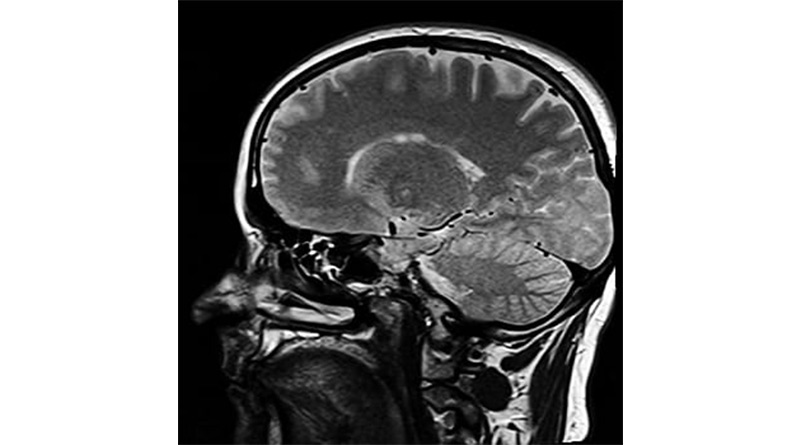Alzheimer’s Research UK ‘Extremely Concerned’ By Drop In Dementia Diagnosis Rate, Since The Start Of The COVID-19 Pandemic
Alzheimer’s Research UK warns the drop in the number of people receiving a diagnosis for dementia since the start of the COVID-19 pandemic is ‘extremely concerning’.
The UK’s leading dementia research charity has responded to figures released by NHS Digital which show the dementia diagnosis rate dropped by over 40,000 between February 2020 and January 2021, from 471,252 to 429,858. Between December 2020 and January this year, it dropped by 8,503 alone.
Alzheimer’s Research UK is concerned that many people with suspected dementia are not seeking help from a medical professional who could provide an accurate and timely diagnosis. As a result, they are not receiving the support and treatments that may help with their symptoms and improve their quality of life.
There are almost one million people in the UK living with dementia, but only around two thirds have a formal diagnosis. An increase in the dementia diagnosis rate would provide a clearer picture as to how many people in the country have dementia, and increase the chances of successful clinical trials and treatments by helping more people get involved in research earlier in their condition.
Susan Mitchell, Head of Policy at Alzheimer’s Research UK, said:
“It is extremely concerning that the dementia diagnosis rate has fallen during the past year. While we are disappointed by the figures, we hope they will act as catalyst for urgent change in the way we diagnose dementia, as people with the condition are continuing to be let down.
“The COVID-19 pandemic has led to the dramatic decline in the number of diagnoses, eroding the progress made in this area in recent years. As a result, a person’s ability to get a diagnosis has become even more challenging. The evidence suggests that COVID-19 is putting people off from seeking the medical support they need, but an early and accurate diagnosis for dementia has never been more important.
“The period of uncertainty leading up to a diagnosis can be a particularly worrying time for people affected and their families. Dementia is a progressive condition and the earlier it is picked up, the quicker people can take steps to manage their symptoms, receive treatments and plan for their future.
“Without a diagnosis, people can miss out on the chance to take part in research studies and clinical trials, which could give them access to potentially life-changing treatments. The drop also threatens future breakthroughs in dementia research, as we know that the earlier we are able to diagnose dementia, the better chance we have to slow and stop it in the future.
“These figures also raise fears about how our health services will be able to cope in the future. Without a clear picture of the number of people living with dementia today, the NHS can’t plan for future demand and ensure the necessary resources are available for people with the condition.”






